Chris Myers: Guap. A Comedy. About Gentrification.
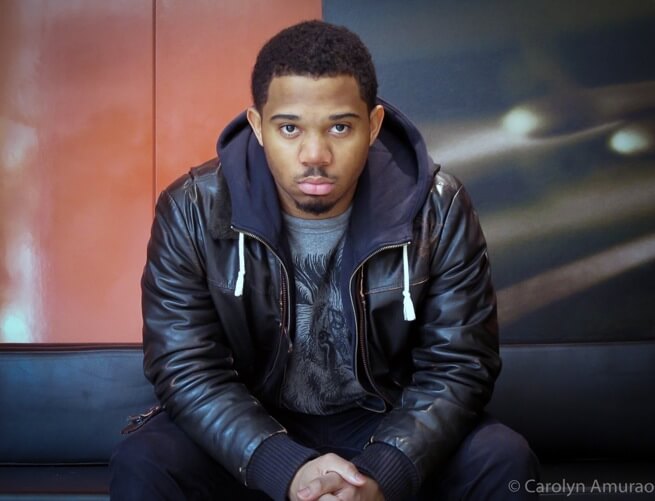

At the heart of GUAP, a new project by Chris Myers, is a simple question: “Who has the right to live in a neighborhood?” When Pedro, an unsuccessful drug dealer, is forced to use his hidden culinary talents to unite his family against the gentrification threatening their humble Washington Heights neighborhood, he has to make a decision about what matters most to him in order to galvanize his community. Multi-generational, bi-lingual, and full of surprising laughs, GUAP (slang for ‘a lot of money’) is a unique comedy about food, family, and the value of things we love. GUAP is a comedy with serious social and cultural implications. Frontrunner interviewed Chris Myers about the project.
What inspired you to create a series, specifically?
The profound feeling of having and not having money. I wanted to write about how money can change our emotional states, or sense of self, because it’s happened to me. That became focused on gentrification. Initially, when I landed on the “G” word, I got scared, because it’s such a serious subject, and ultimately I wanted to create something for everyone. So it became a series, or a comedy series in particular.
Tell us more about the series!
Over the course of the season, a small Dominican family have to figure out how to save their restaurant amidst a rapidly changing Washington Heights. There’s almost a literal “sex, drugs, and rock & roll” aspect as gentrifier falls in love with the gentrified, substances are sold across race and class lines, and loyalties are tested. At the end of the day though, I’m aiming to create an authentic family portrait, where viewers can fall in love with, and be concerned for, my characters.
Where did you get the inspiration for the characters?
I think most writers are always kind of writing themselves and their own experiences. But I’d like to believe it’s a marriage of that and the year of interviews, research, and conversations that ultimately let my wandering writer heart settle on people who I think could really evoke multiple sides of the story.
Can you tell us more about your more direct experiences with gentrification?
I’ve been lucky, because it’s never been direct. I’ve never been in danger of completely sinking. That said, my neighborhood has changed rapidly, and it’s exactly that luck that makes me want to write about those less fortunate. I think there’s a larger conversation at play about the rate at which some groups can advance versus others, and gentrification is the bulldozer effect where if you can’t keep up with other peoples speed, you’re completely left on a lurch. I understand capitalism as a system, but something deep inside of me still thinks that it’s not fair. And who says it should be? In the history of the world, capitalism is a very new system, so of course it still has kinks to work out. Gentrification is a great kind of nexus wherein we can talk about the various intersecting issues of 21st century capitalism.
How are you going to handle the casting of ‘Guap’?
I’m primarily an actor with a lot of actor friends, so most of our casting has been organic, through word of mouth. People are excited about the project, so we’ve got almost a hundred submissions that way. But we also reached out to some professional channels, too. Hundreds more have poured in. Ultimately, it’s a lot of self-submitting actors, and I’m excited about that, because I don’t need stars… but do I want talent.
What has been the most challenging aspect of putting together a show?
Everything! I wrote this script and my friends believed in me enough to join me in producing it. Every single day is a challenge and a new learning opportunity. I just hired an assistant. If you would have told me even a year ago that I’d be paying someone to be my assistant, I’d laugh. Because I’m not even paying myself for GUAP — I’m making $0! But there’s a lot to be done, and I want it to be done right. So I’m building a team of intelligent, creative, passionate people so that we can do it right. It’s stressful… but worth it.
As mentioned in the release, the show films in Washington Heights, Manhattan. Do you think there will be a growing market for filming in New York?
Yes and no. I think GUAP is a return to a kind of New York film that is disappearing. We’re living in a “New” New York, and films set in this New New York have a gloss that I don’t think is what the origin of film in New York is about. I’m not into nostalgia, or even that into tradition, but I am into ethos. There may be more filming in the New New York, but I’m interested in some very Old New York ideas about how things are done. If GUAP can contribute to that shift, I’ll be happy.

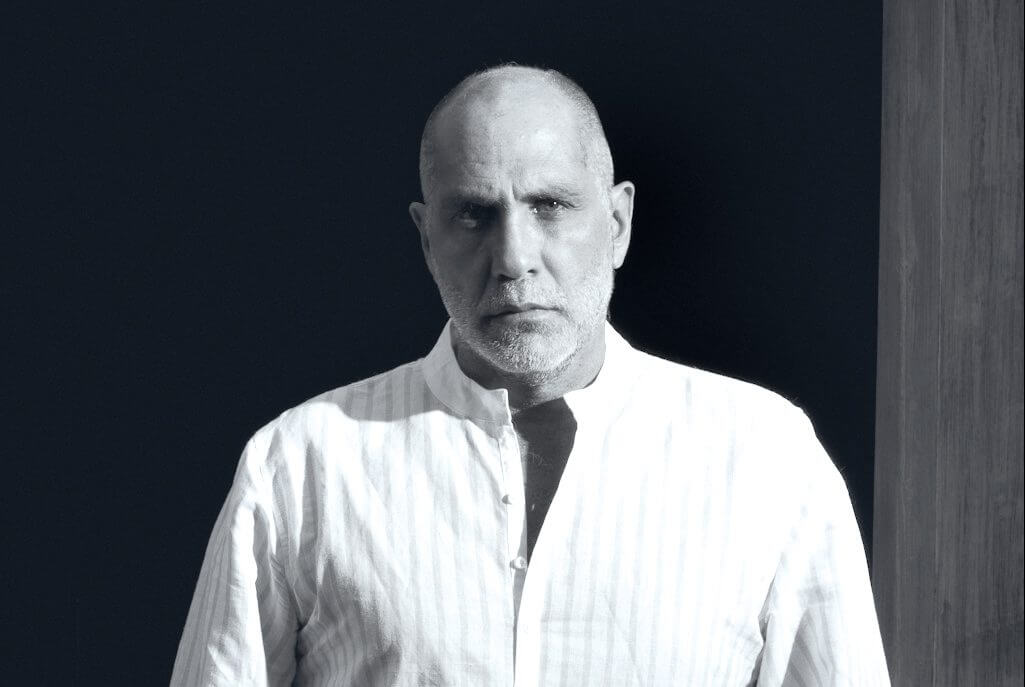
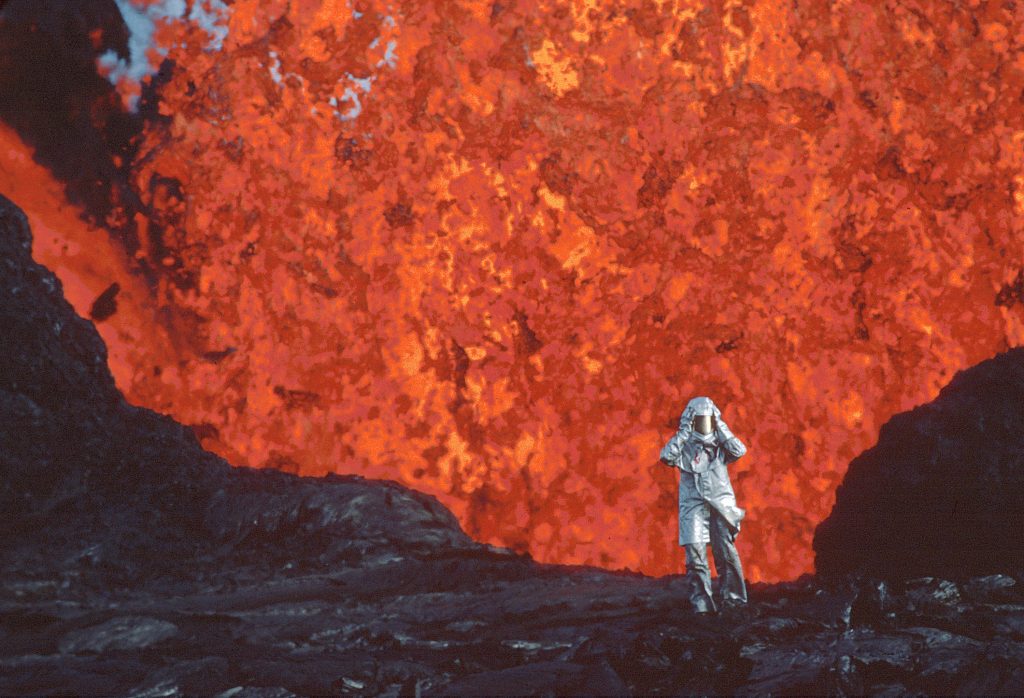
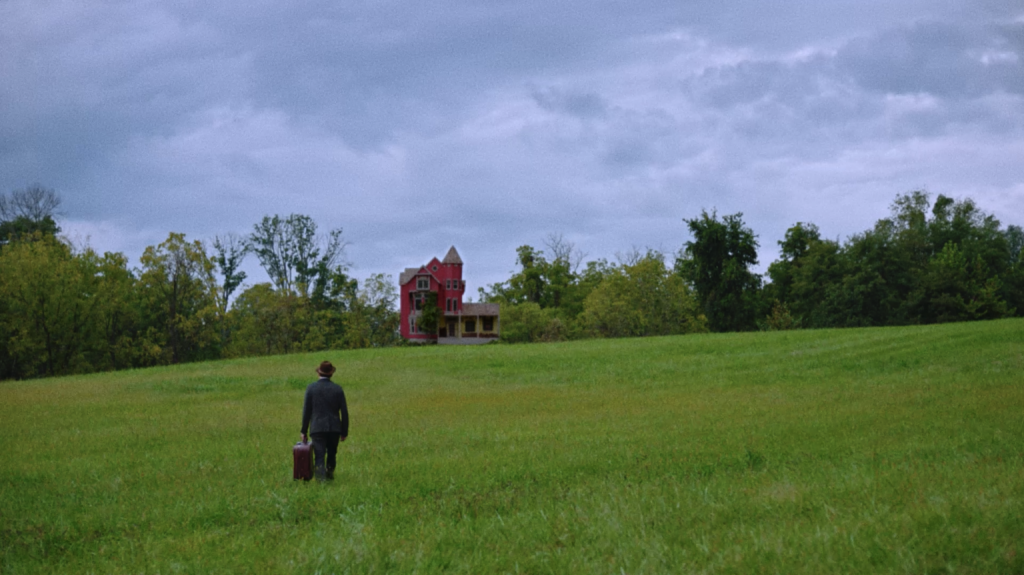
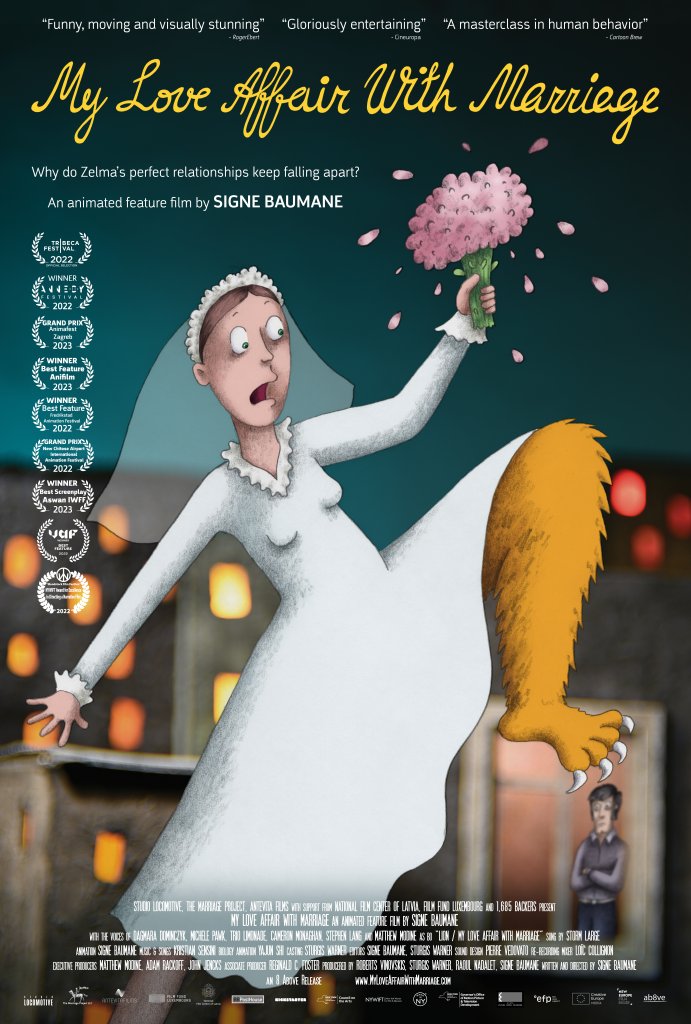



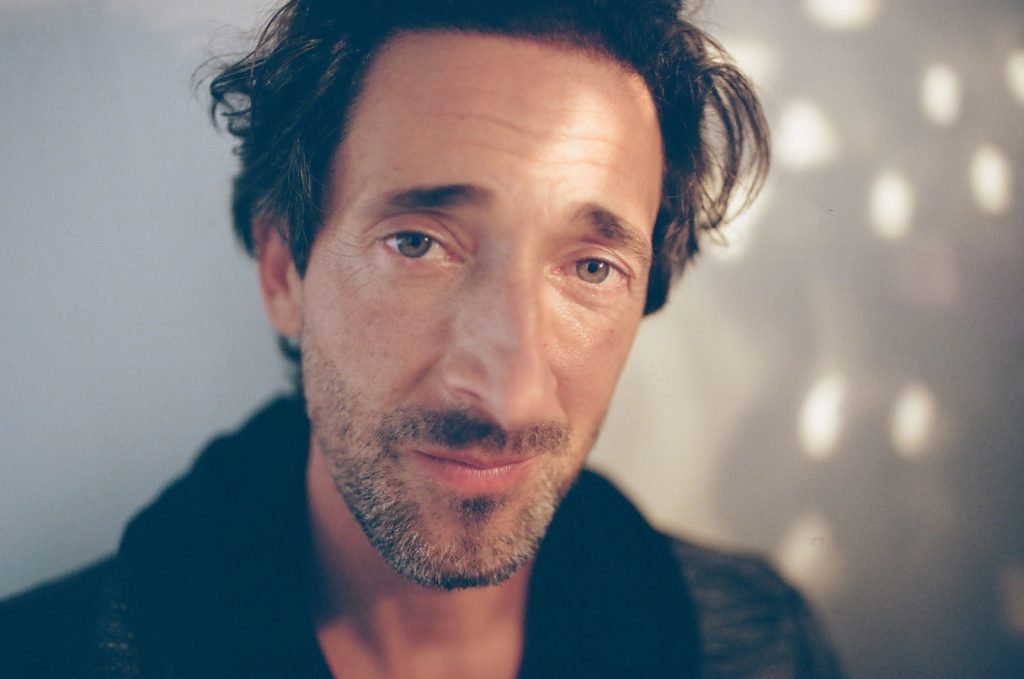
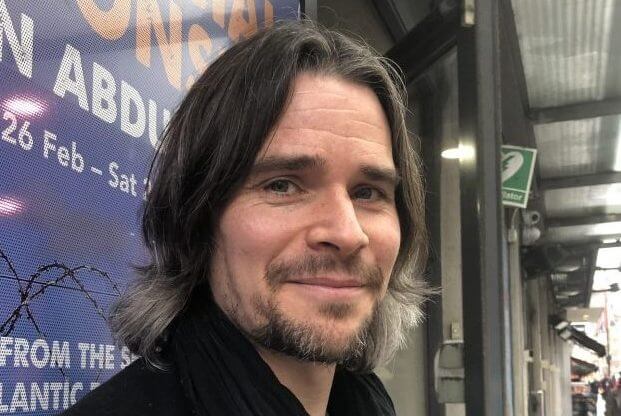
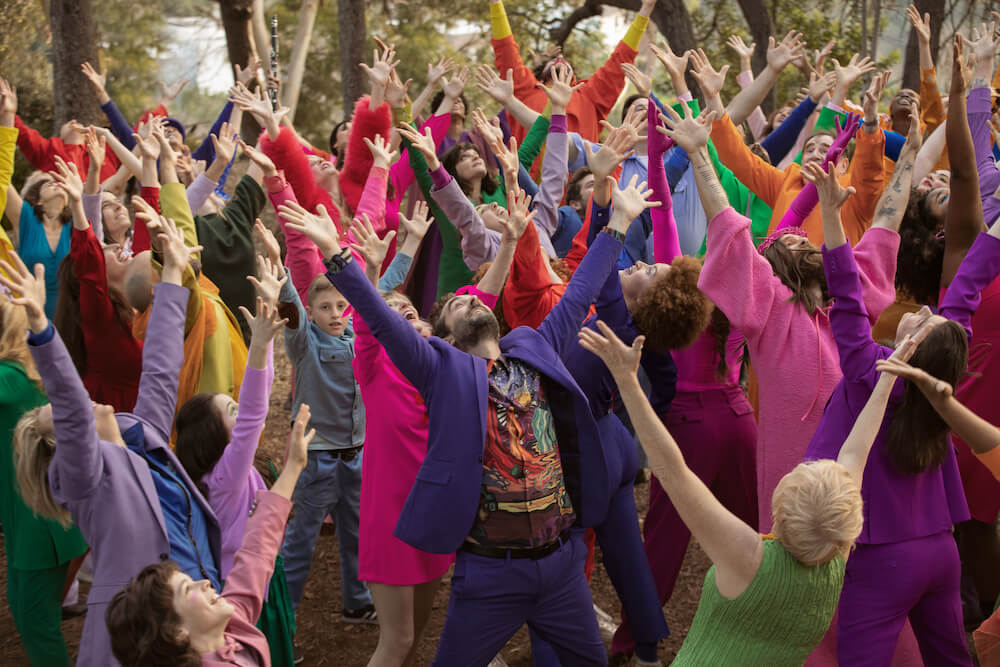
Responses